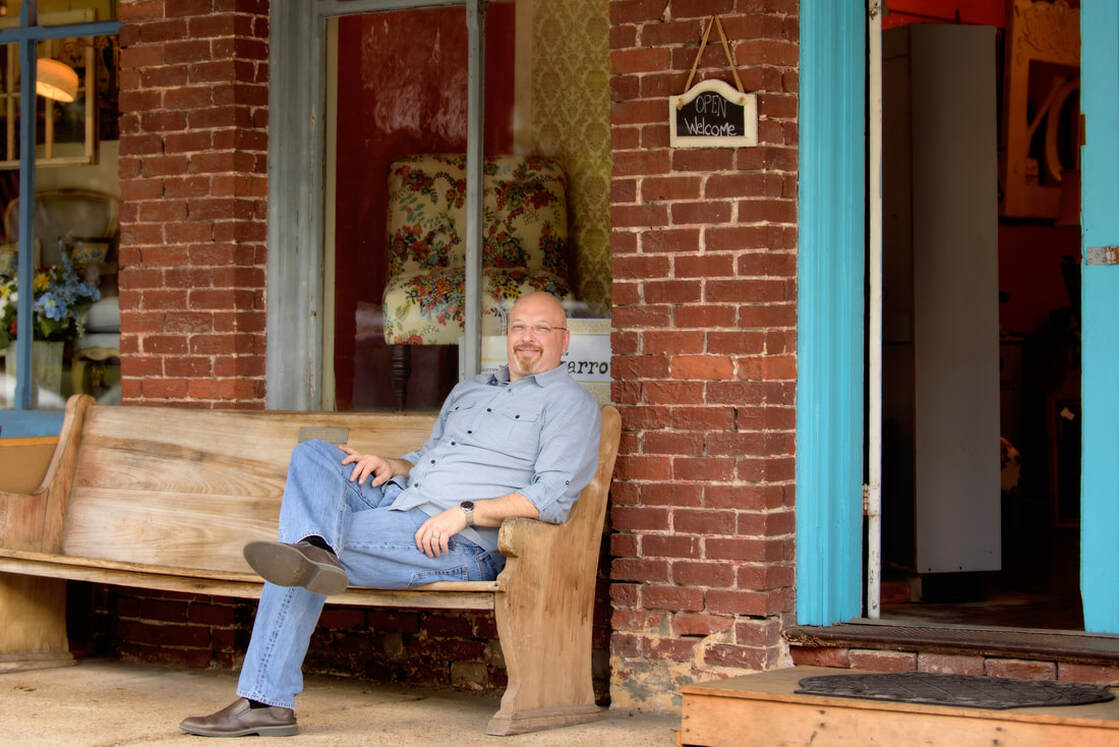|
The advent of technology has brought about a new way we read books.
WWW is flipping more than the pages of the book world. The online industry capitalized on this tech with the creation of the e-reader. Another change brought about by this electronic innovation is the ease of self-publishing. There are new positives and new pitfalls that every author must navigate in this digital world. What follows is merely the tip of an enormous iceberg. Here are some critical points in the history of book publishing:
Modern technology takes over from here.
In actuality, the first e-books were produced in the 1970s, but they didn't gain popularity. In the year 2000, Steven King's novella, "Riding the Bullet" was turned into an e-book and sold over 400 000 in the first twenty-four hours. This caused two things. First, it crashed the servers, solidifying the new e-book industry. Second, there is now a cheaper and unique way to sell books without a large warehouse. As time has moved forward, so has technology. The e-reader has replaced the physical book, both paperback and hardcover. There are those of us, myself included, who still like the feel and the smell of a new book in our hands. It saddens me to say that we are the dinosaurs. The e-reader manufacturers often improve the tech on these devices, whereas the physical book industry may have peaked. I am not talking about the book's content, rather how the book itself could advance in its ability to accommodate. E-readers can magnify, bookmark, and dim or brighten, all to the reader's personal preferences. No physical book can do this without tremendous reproduction expenses. This has made the end-user experience nearly infallible. Switching gears, let's talk about the author's perspective. A positive to the e-book industry is the advent of self-publishing, on-demand changes to the e-book, and the ease of making different electronic versions to fit the different types of e-readers. The two most common versions are Epub and Mobi. I make this point for reference only as free programs will convert from pdf to one or the other. Self-publishing has many options, both good and bad. Beware author; the scammers are plenty in number. They run the gambit from editor to publisher. I should also note there are as many honest book industry professionals out there. Use the internet and fellow authors to do your research. Publishing has taken on a new dimension in the e-book world. A new player has entered the game. Here are some of the names it goes by vanity publishers, hybrid publishers, indie publishers, or small press publishers. Just like with self-publishing, be wary of who you make a bedfellow. Traditional publishing is still alive, and the need for a good agent is paramount. The internet has made the search for the stellar agent easier. Today, with a few clicks, we can read what an agent is looking for and how to submit to them. It used to be that the traditional publishers handled all the expertise on the bookselling end, no so today. The savvy author must know the industry and be an active participant. From writing the book to publishing, advertising, and tracking sales, the author must be ever vigilant. My advice is: Don't Go It Alone. Links supporting this blog: https://www.quora.com/How-long-did-it-take-a-monk-to-copy-the-Bible-in-the-middle-ages https://www.history.com/topics/inventions/printing-press https://sfbook.com/the-evolution-of-the-book.htm#:~:text=Gutenberg's% 20invention%20of%20mechanical%20moveable,than%2020%20million%20books%20produced.
0 Comments
Leave a Reply. |
Author's Quote:"Writing is the flow of life through words on a page. We all have this talent to share." Luca DiMatteo For the latest blog, please sign up for my monthly newsletter.
Archives
August 2022
|


 RSS Feed
RSS Feed